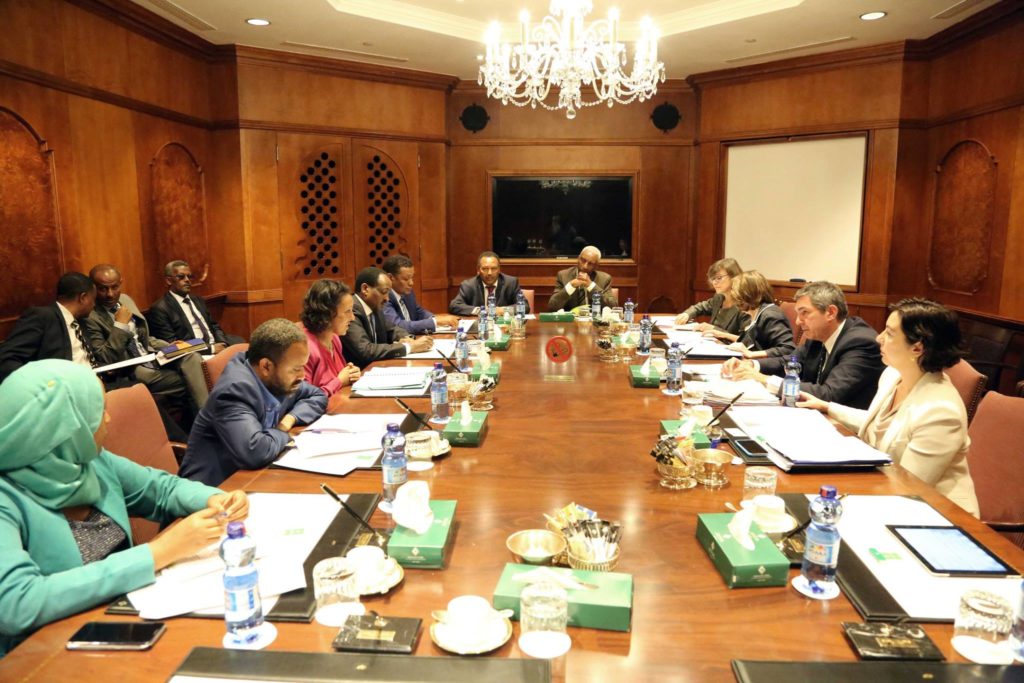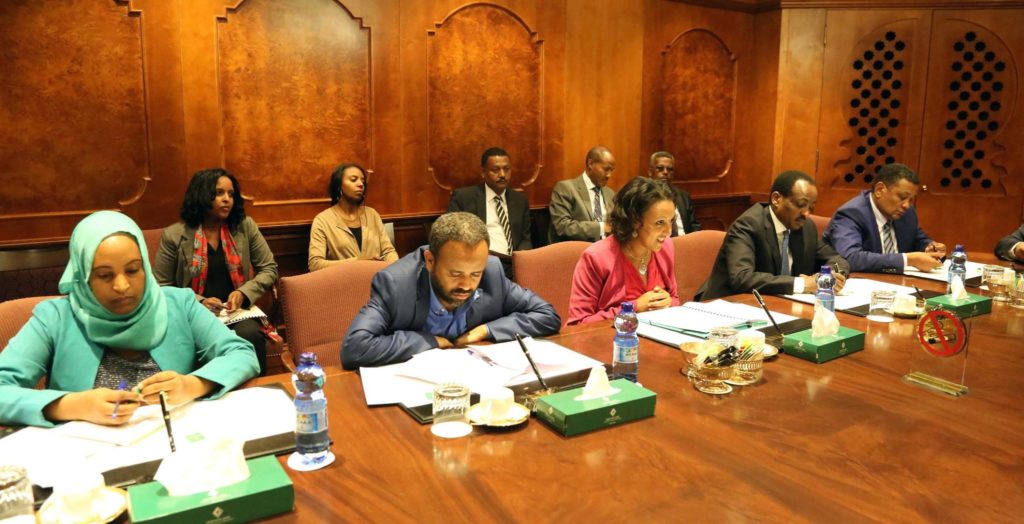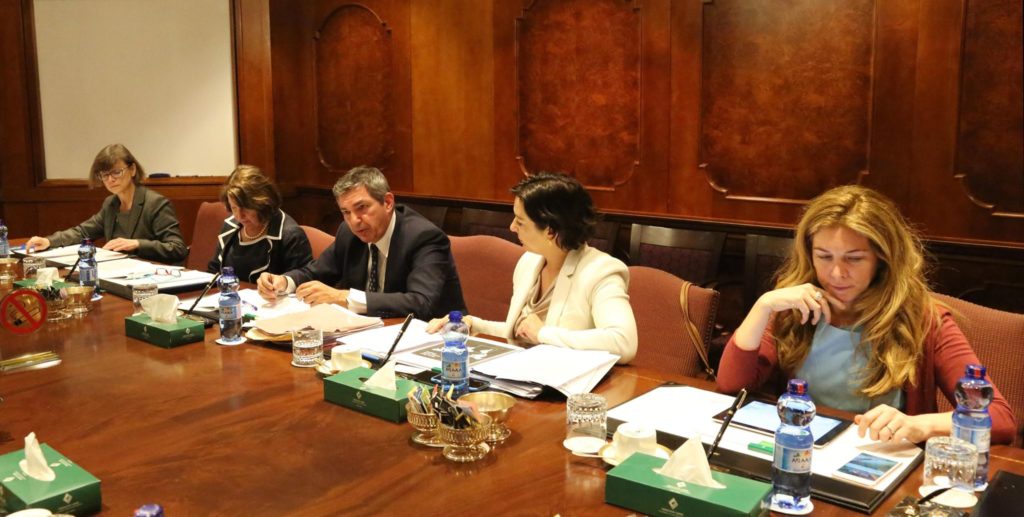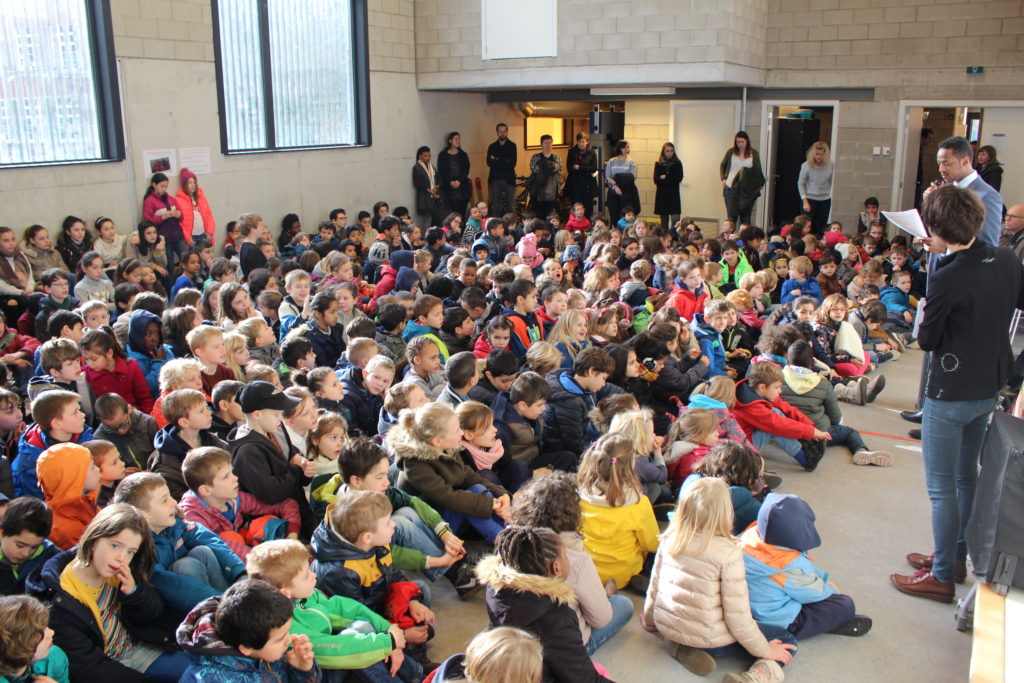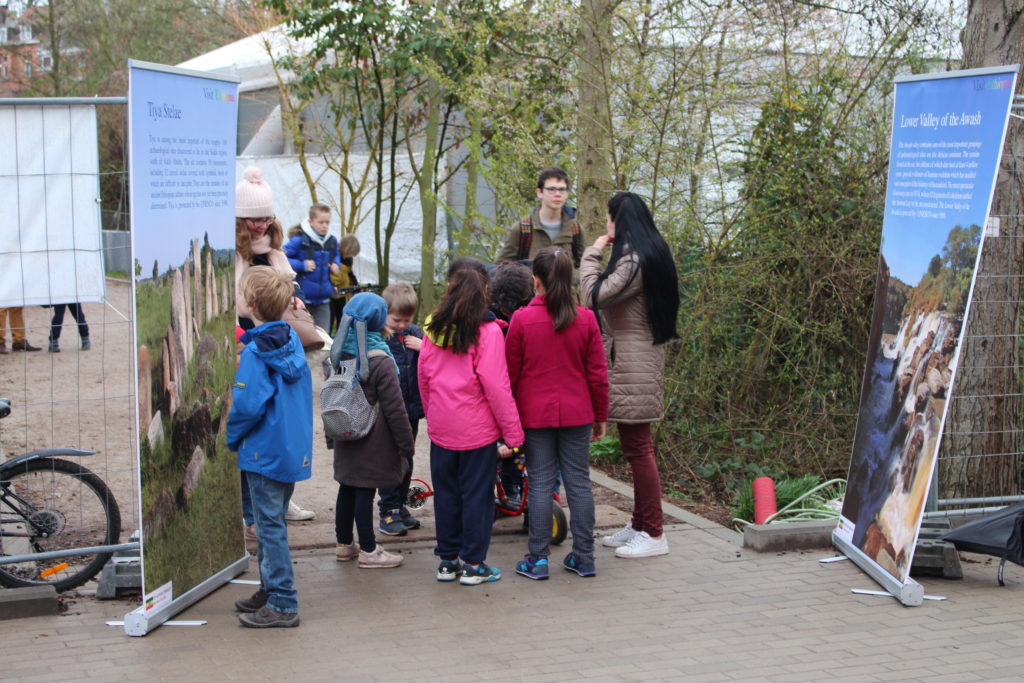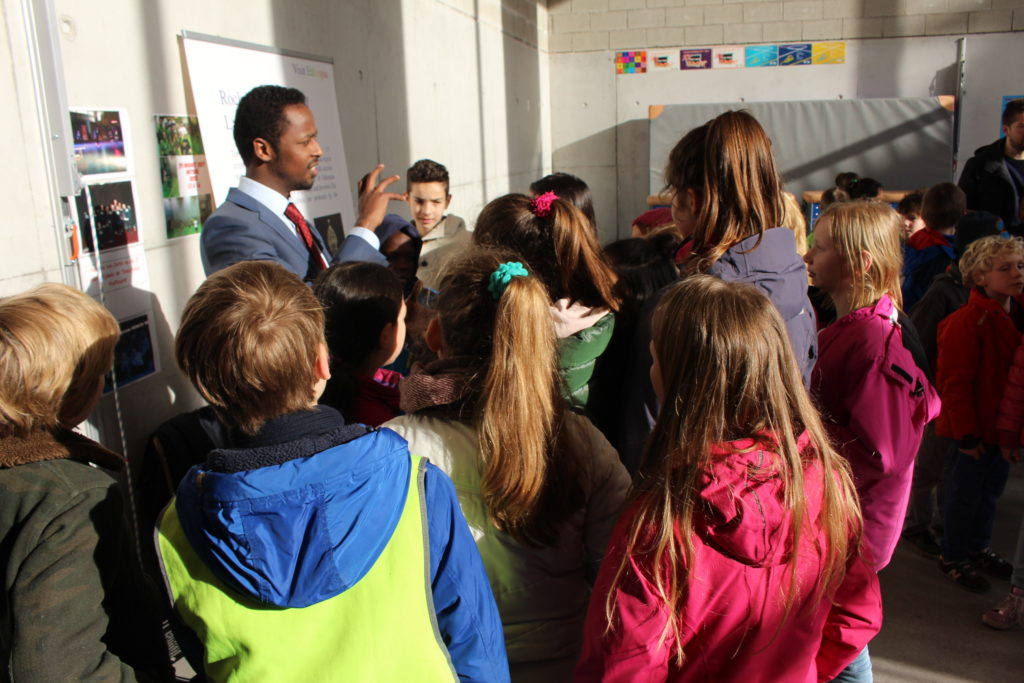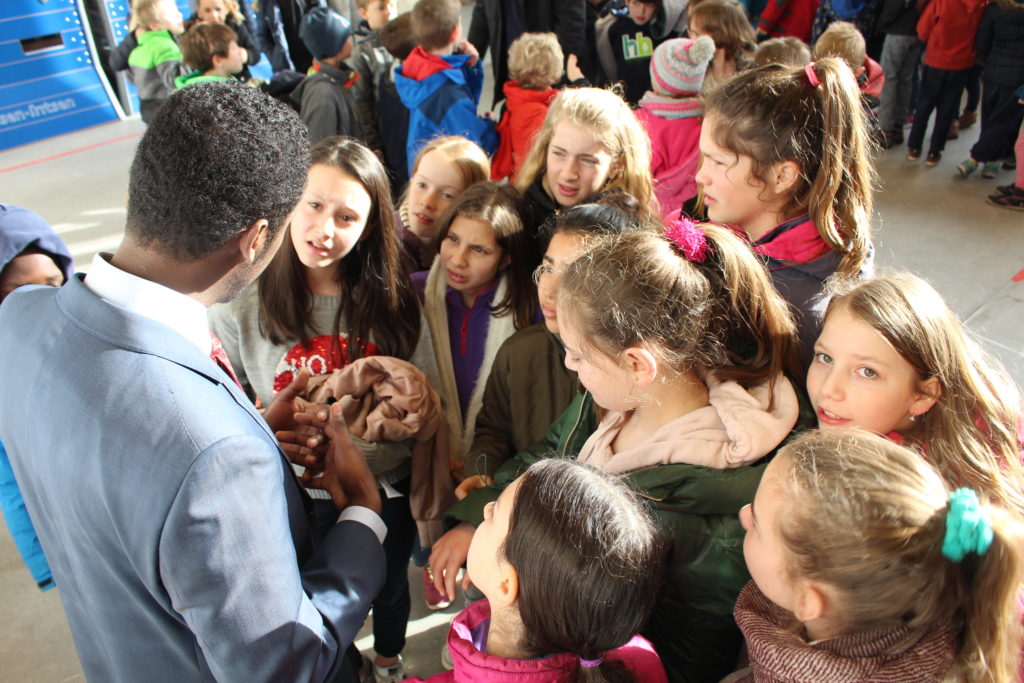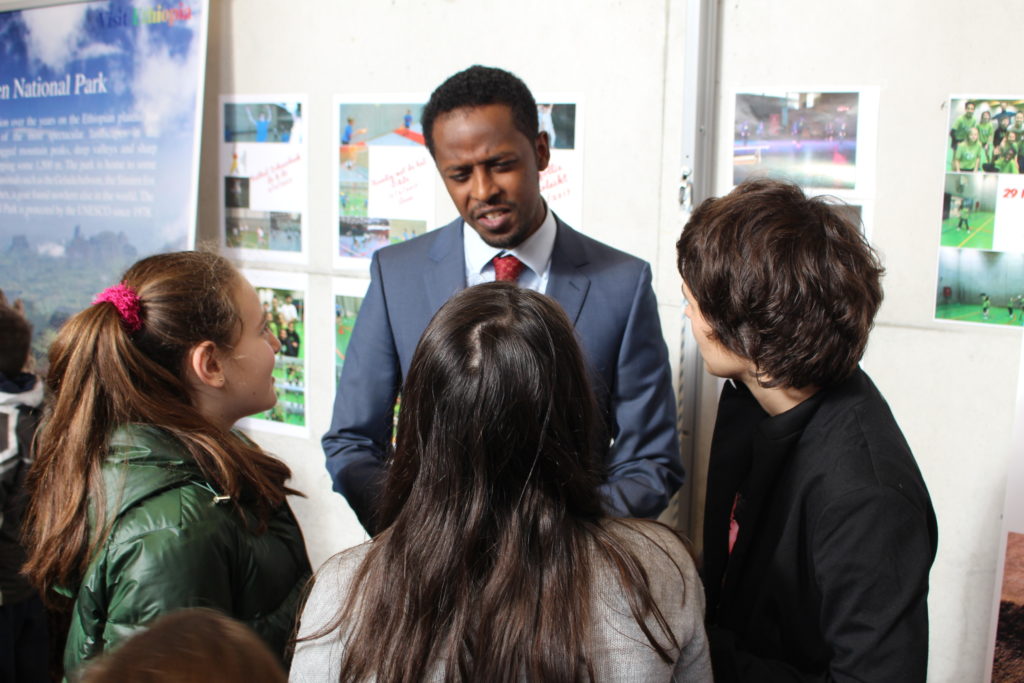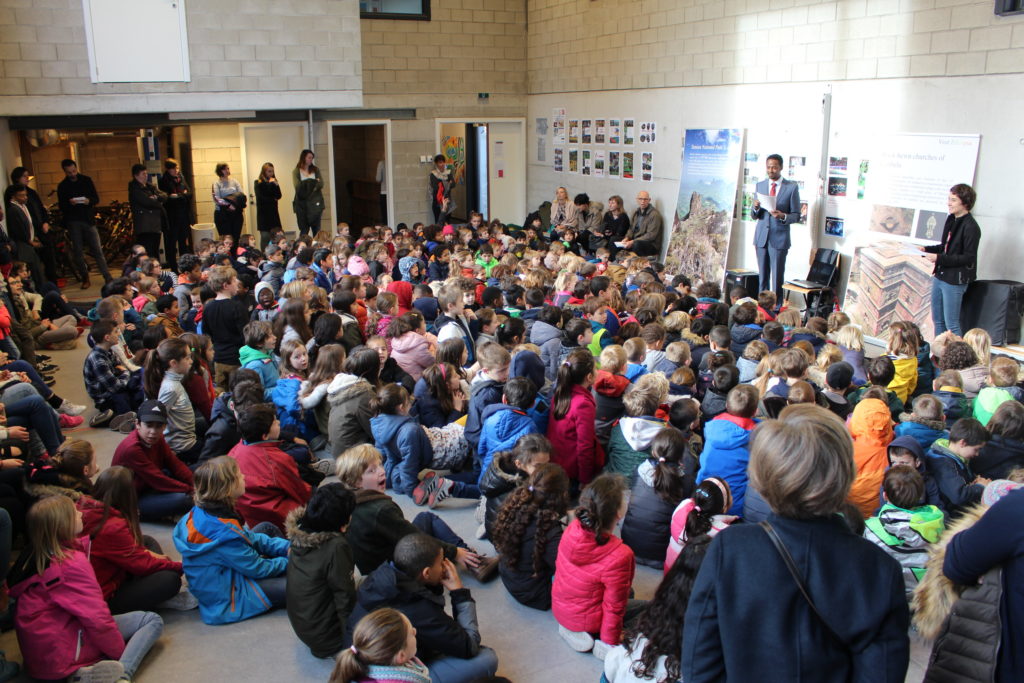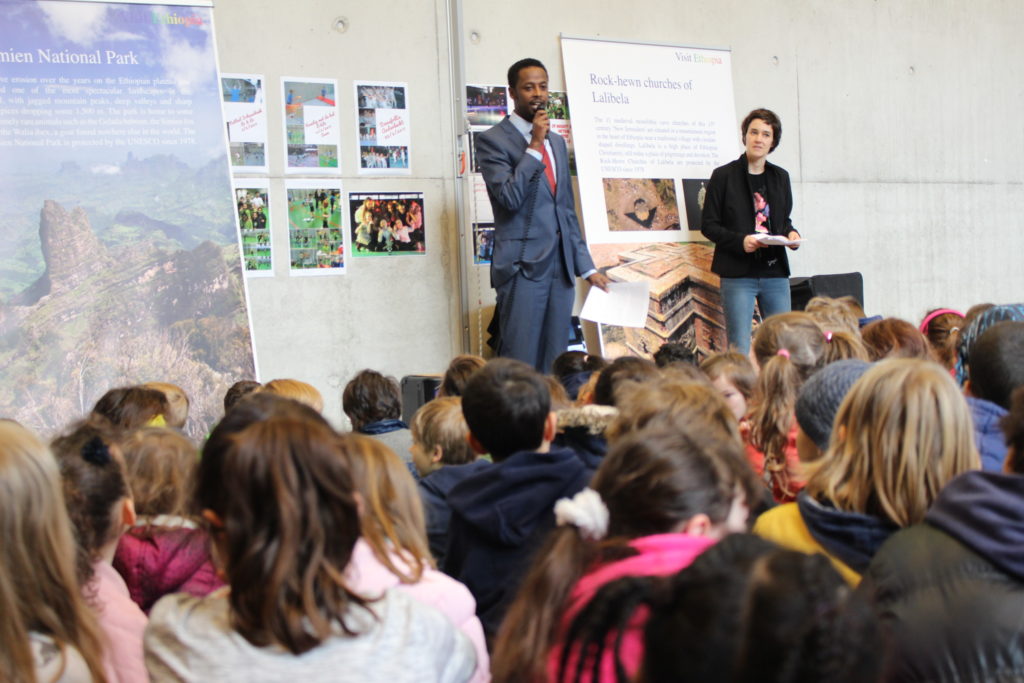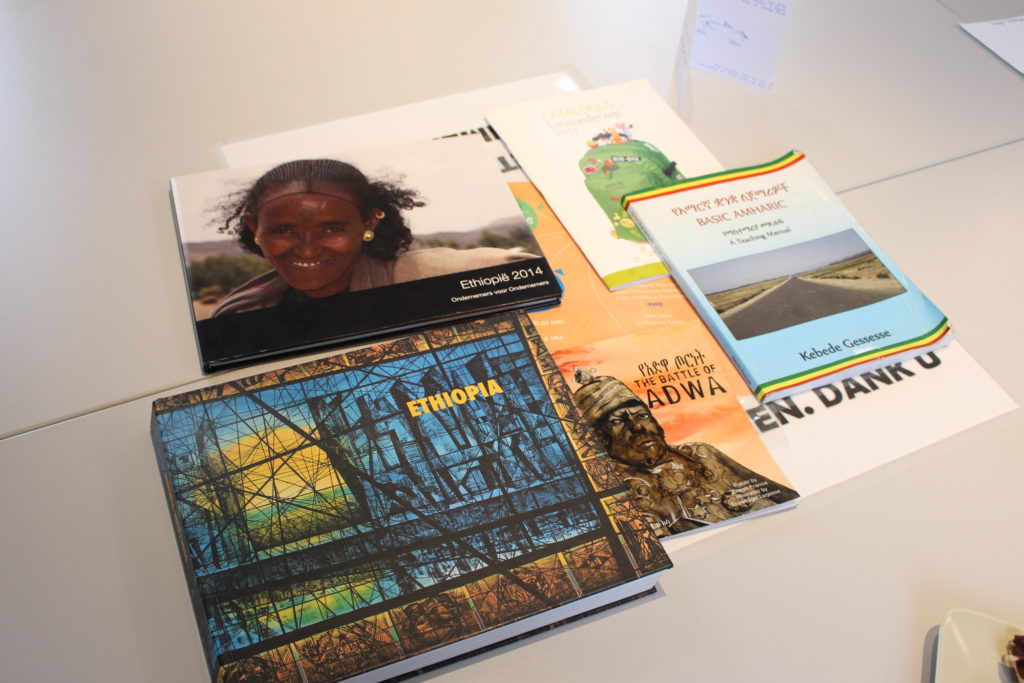The World Bank’ Board of Executive Directors approved an International Development Association credit of 50 million dollars for the National Quality Infrastructure (NQI) Development Project in Ethiopia, aimed at improving the competitiveness of Ethiopian industries.
It will support the Ethiopian government’s efforts to develop the country’s standardisation practice, metrology, accreditation, and conformity assessment services, inspection, testing, and certification.
A Press Statement said on Friday last week that a well-functioning NQI would enhance firms’ competitiveness and opportunities for expansion into new export markets by offering them proof that products and services adhere to quality requirements. This would also encourage investors to upgrade their products and quality of services to meet market requirements imposed by trading partners, consumers, and regulatory authorities.
This, it said, was particularly important for Ethiopian manufacturers currently facing a number of challenges in meeting quality requirements needed to access developed markets, such as the United States, European Union, and Asia, which require stricter quality checks and standards than the prevailing domestic ones. The project will focus on three value chains central to the government’s industrial policy to increase its export base, including: leather and leather products; textile and garments; and agro-processed products.
The Board of Executive Directors also approved a new 150 million dollars credit for a project to increase the efficiency of trade logistics in Ethiopia.
The project will focus on improving the Modjo Dry Port, a key transportation hub that handles 95 percent of Ethiopia’s trade, but which is a major bottleneck on the vital Ethio-Djibouti trade corridor.
This project will support investments in physical infrastructure and ICT systems, as well as regulatory improvements which will increase exports, generate jobs, and raise incomes of producers and traders.
Ms. Carolyn Turk, World Bank Country Director, Ethiopia said: “The success of Ethiopia’s large-scale investment in industrial parks and the new rail line to Djibouti will depend on their connectivity to different logistics nodes along trade corridors.”
It was consistent with Ethiopia’s Logistics Strategy for Modjo to evolve from being a single-user dry port that focuses on customs clearance, to a multi-user, multi-purpose facility, where third party logistics providers gather together to provide modern services.
A World Bank official said: “By enhancing the performance of the Ethio-Djibouti corridor through improvements in the range and quality of logistics services at Modjo Dry Port, and reducing burdensome regulations in customs, trade finance and trade facilitation, the government will be able to reap the benefits of trade that help to drive growth and reduce poverty.”
The press statements said both projects would support the World Bank Group’s twin goals of reducing extreme poverty and promoting shared prosperity by supporting economic growth.
Source: MFA Ethiopia


